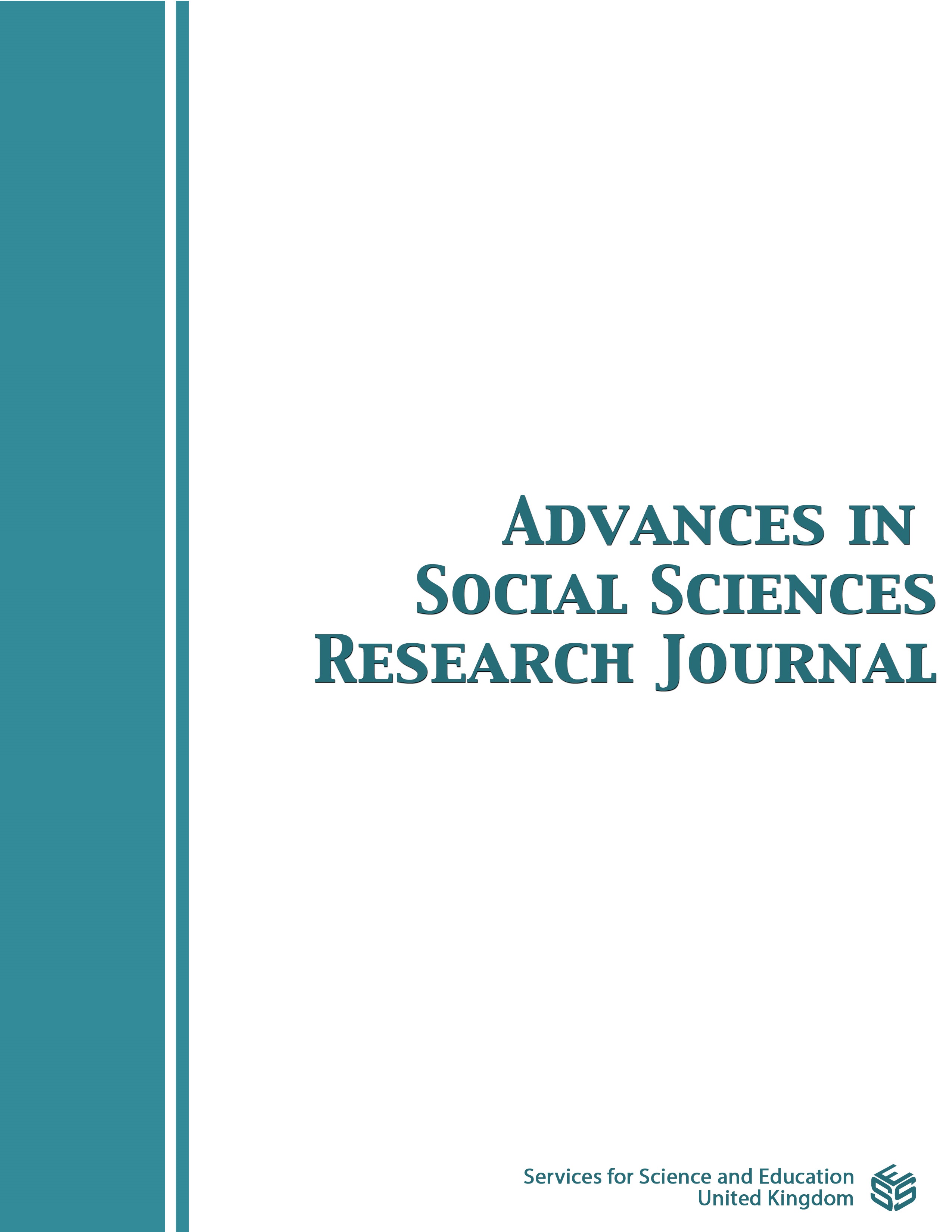A Conceptual Framework for Online Credential Adoption: The Role of Digital Capabilities and Self-Efficacy in Higher Education
DOI:
https://doi.org/10.14738/assrj.1202.18278Keywords:
Online Credential Adoption, Digital Capabilities, Self-Efficacy, Higher EducationAbstract
This paper presents a conceptual framework examining the relationship between digital capabilities, self-efficacy, and online credential adoption in higher education, with a particular focus on faculty development. In the context of Kuwait’s evolving education landscape, the study highlights the critical role of digital capabilities such as ICT proficiency, digital collaboration, and information literacy in fostering faculty readiness for integrating online credentials. The framework also underscores the importance of self-efficacy as a mediating variable, shaping faculty attitudes and mitigating concerns toward the adoption of digital credentials. Addressing a notable gap in literature, this study explores how self-efficacy enhances the impact of digital capabilities on faculty confidence, ultimately facilitating the successful adoption of online credentials. By integrating the Teaching Staff Digital Capability Framework and the Concerns-Based Adoption Model (CBAM), the paper provides a comprehensive analysis of the adoption process. The research offers practical implications for higher education institutions, policymakers, and faculty development programs, with a focus on enhancing digital competencies and promoting self-efficacy to support the digital transformation of education.
Downloads
Published
How to Cite
Issue
Section
License
Copyright (c) 2025 Hamad A S Z M Alajmi, Habibah binti Ab Jalil, Suriani binti Ismail

This work is licensed under a Creative Commons Attribution 4.0 International License.
Authors wishing to include figures, tables, or text passages that have already been published elsewhere are required to obtain permission from the copyright owner(s) for both the print and online format and to include evidence that such permission has been granted when submitting their papers. Any material received without such evidence will be assumed to originate from the authors.






